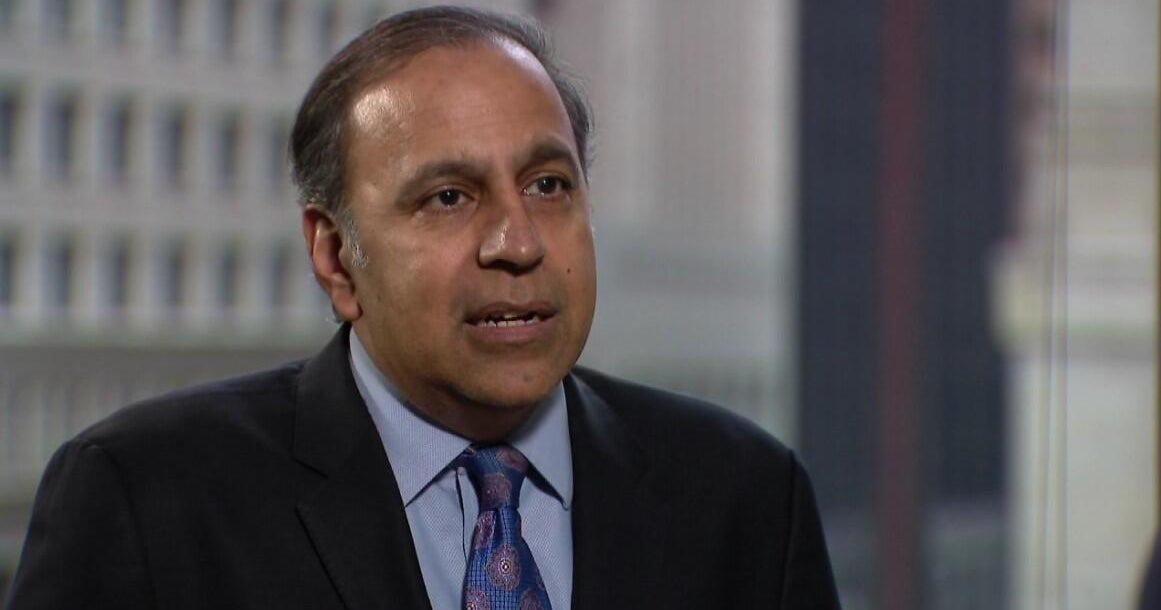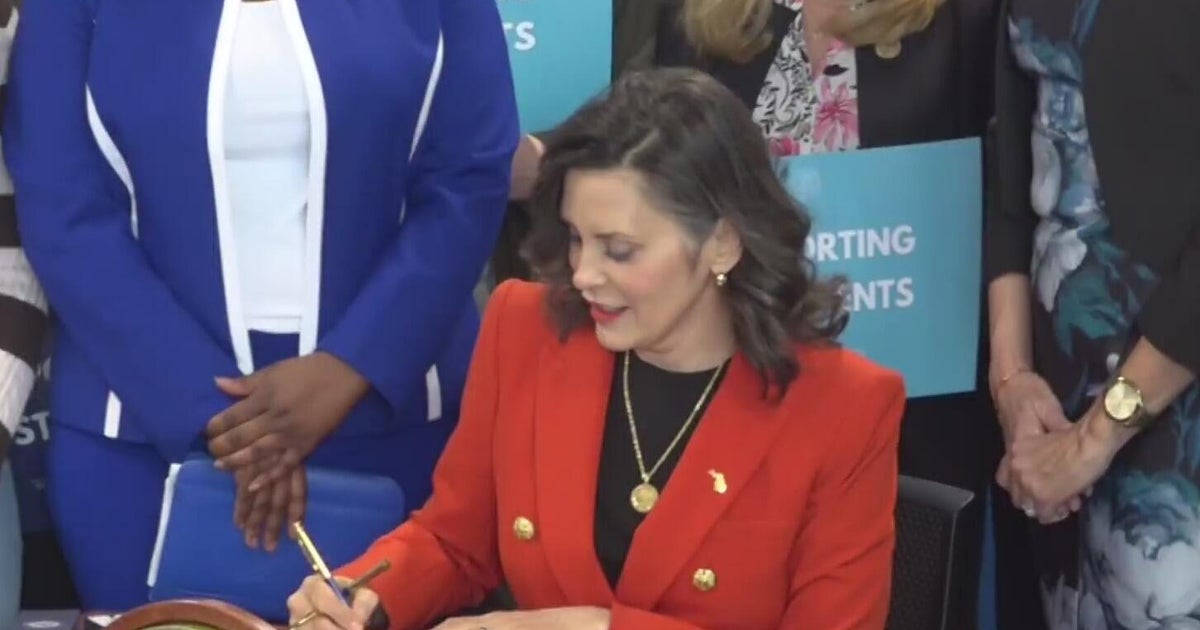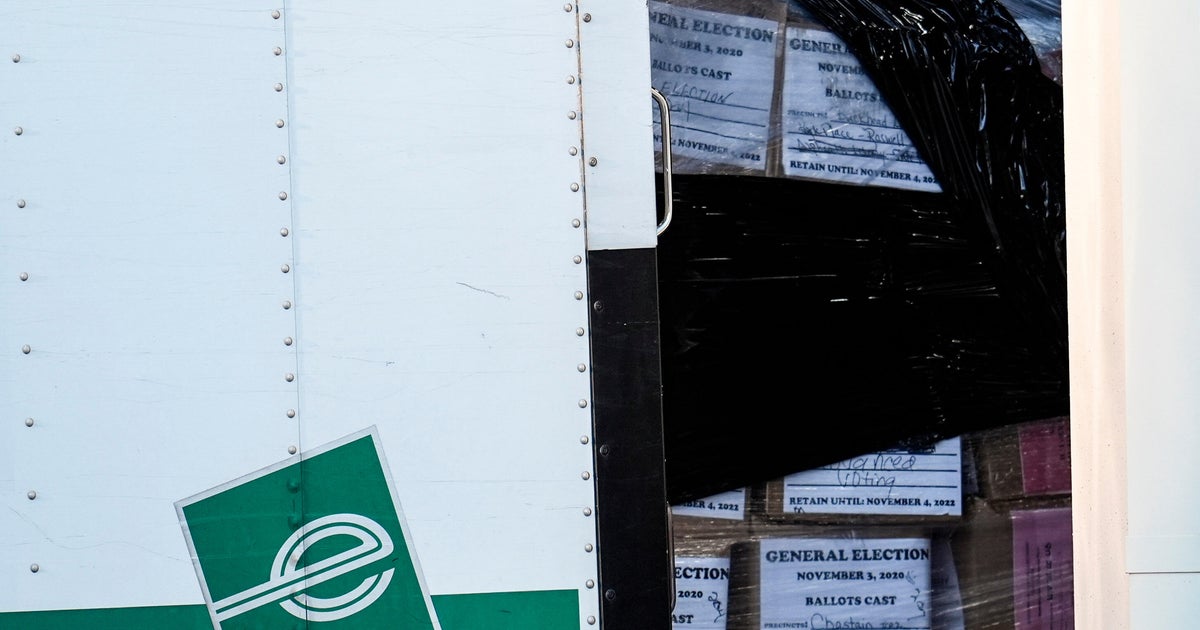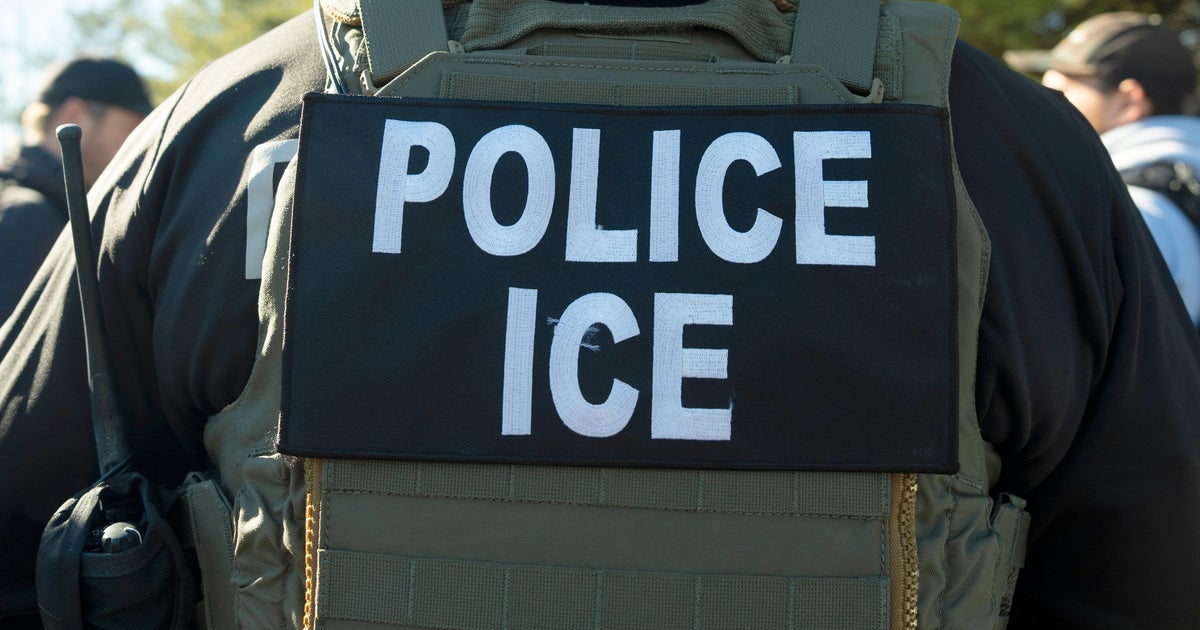Florida Senate panel advances sweeping elections package
TALLAHASSEE - Republican lawmakers are advancing a sweeping elections package that would impose further restrictions on voter-registration groups, create a new crime for harassing elections workers and relax campaign-finance reporting rules.
The Republican-controlled Senate Ethics and Elections Committee signed off on the measure in a party-line vote. The House has not released its version of the legislation.
Democrats on the Senate committee objected to the contents of the 98-page bill and to what they called a rush to take up the measure which was introduced on Monday.
When asked why the bill hadn't been vetted earlier, Republican committee Chairman Danny Burgess attributed the delay to "prudence," adding that lawmakers have plenty of time to scrutinize the measure during the remaining half of the 60-day session.
Burgess noted that the bill addresses changes in 43 sections of state election laws.
"Collectively, I think that enhanced our responsibility to try to get it right. ... So making sure all those machinations are working is really important, and I think prudence is kind of the operating word," he said.
But Democratic Sen. Tina Polsky from Boca Raton disagreed.
"This process was really pretty awful. If this bill was so benign, we would have seen it a lot earlier," she said.
The proposal continues the GOP-led Legislature's years-long effort to make it harder for third-party groups to register voters. Research has shown the groups are more likely to help Black, Hispanic and young people register.
"Every cycle there's additional issues that arise with these organizations, which is prompting the additional need for enhanced measures of protection," Burgess said.
The groups currently have to register with the state, but under the proposal, they would have to re-register after every general election. The bill also would require the groups to provide receipts to people filling out voter registration applications. The measure also would shorten a timeframe from 14 days to 10 days for the groups to deliver voter-registration applications to elections officials.
In addition, the bill could lead to third-degree felony charges if people collect voter registration applications for the groups and keep personal information about voters.
And the proposal would double the aggregate amount of annual fines - from $50,000 to $100,000 - groups could face for failing to comply with the law.
The additional hurdles will "have a chilling effect" on registration organizations, Brad Ashwell, state director of All Voting is Local Action, told the Senate panel.
"These organizations are providing a service to the community. Instead of further penalizing and discouraging them, perhaps you could focus on creating more obligations for the state to register voters," Ashwell said.
Cecile Scoon, president of the League of Women Voters of Florida, pointed to parts of the bill that would give elections officials the ability to remove voters from the rolls based on "official records," which she said was not clearly defined.
"We don't know what that is, and we are very fearful," she said.
The measure would ban first-time Florida voters who don't have state-issued driver's licenses, identification cards or Social Security numbers from voting by mail. Instead, they would have to vote in person. University of Central Florida student Patrick Burnette said that would make it harder for out-of-state college students to vote in Florida.
"The aim of this bill is clear in so many ways, but all of them are voter suppression," Burnette said. He said college students have among the highest rates of using third-party groups to register to vote.
"Why are we targeting college voters? They're younger. Who do younger people vote for? Who's in charge of this chamber right now? Great question," Burnette said, referring to Republican control.
The bill addresses myriad other issues, including voter address changes, the authority of the state's Office of Election Crimes and Security and requests for vote-by-mail ballots.
It also would ease campaign-finance reporting requirements for candidates and political committees. Under current law, candidates and committees have to file monthly reports during off-election years and until shortly after the campaign-qualifying period in election years. They have to file more-frequent reports closer to elections.
Under the bill, they would be able to file reports quarterly until qualifying time. At that point, they would resume the current reporting schedule.
The bill also would make it a felony to harass supervisors of elections and their employees.
"Threats and harassment of election workers has dramatically increased in recent years," Burgess said. ""Me personally, I think this is one of the good moves that we're trying to make here."
But Polsky indicated the bill was intended to make it harder for certain groups of people to vote.
"Every change I've seen in my five years in the Legislature has been intentional to hurt one party over the other, so there's just not a lot of trust here," she said. "I'm disappointed and embarrassed by this process."
The bill also requires a disclaimer on the voter card. Polsky said the measure does not do anything to help "returning citizens" determine if they are eligible to vote. Floridians approved a 2018 constitutional amendment that restored voting rights to people convicted of felonies, but the GOP-dominated Legislature passed a law requiring "returning citizens" to pay all court fees and fines related to their convictions to be eligible to vote. Confusion over eligibility resulted in the arrests of nearly two dozen people who voted after receiving voter registration cards from county elections officials.
Desmond Meade, Executive Director of the Florida Rights Restoration Coalition, said the disclaimer does not fix the problem.
"You know, even when you look at the language, right, it tells you that a voter identification card is not a guarantee that you're eligible to vote and that the onus is on the citizen to determine eligibility. But who are they gonna talk to? Who are they gonna get the final answer from? It goes right back to the state," he said.
Burgess has defended the bill, saying lawmakers have weeks to improve it.
"The bill does not become law today. This is the beginning of a process. ... We will have more input to follow," he said. "Florida is the gold standard for elections and we should be proud of that. But that doesn't mean that we're not proactive. It doesn't mean that after you win the Super Bowl, you don't watch the tape and improve."







